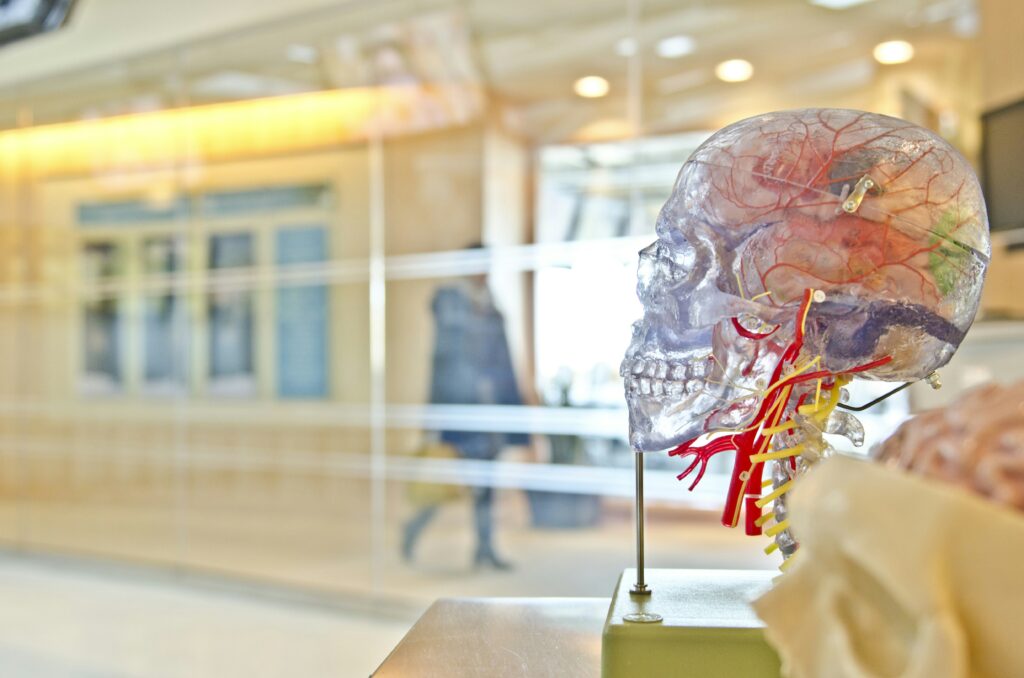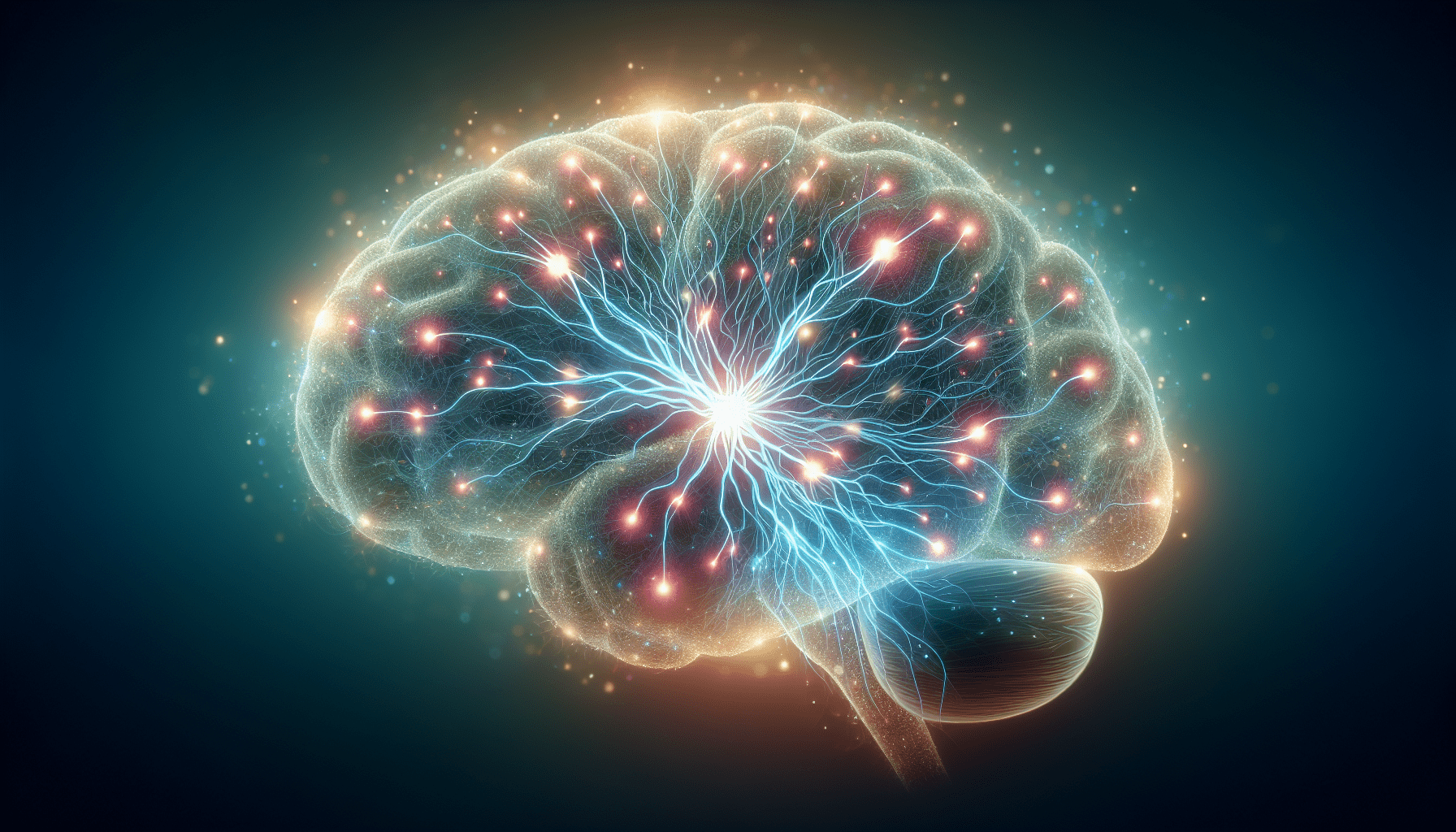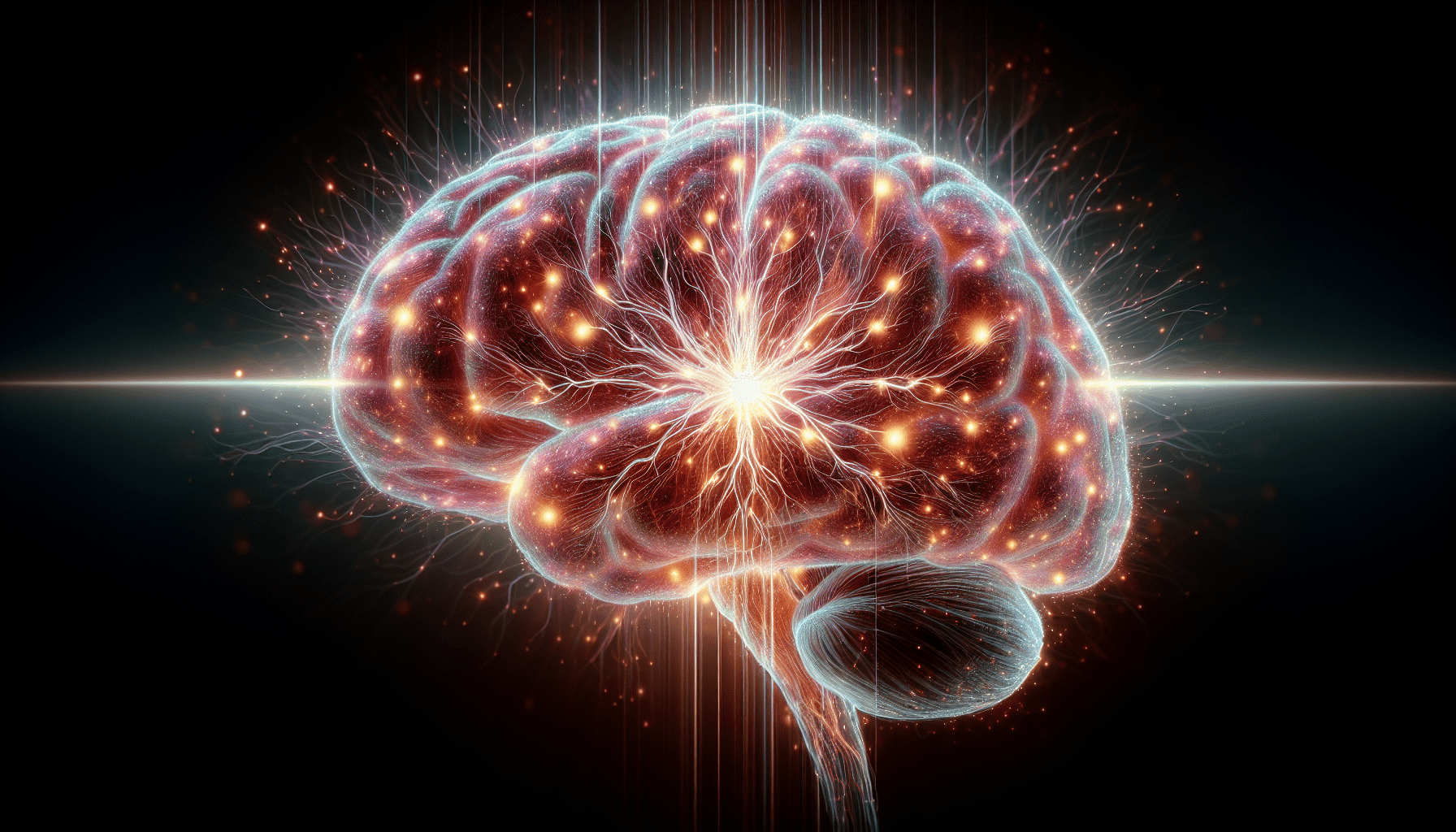You're about to explore an intriguing and vital topic that delves into the relationship between cognitive decline and dementia. In this article, “Can cognitive decline result in dementia?”, you'll discover the distinctions between normal age-related cognitive changes and the more severe progression towards dementia. You'll uncover whether cognitive decline always leads to dementia and what factors might influence this progression. This nuanced examination will shed light on the complexities of mental aging, providing clarity and actionable insights for you and your loved ones. Can cognitive decline result in dementia?
Understanding Cognitive Decline and Dementia
Have you ever wondered if the forgetfulness or lapses in concentration that come with aging might eventually lead to dementia? This question is becoming more common as people live longer, and it's essential to understand the distinction between normal cognitive decline and dementia. Whether you're worried for yourself or a loved one, understanding the nuances can provide peace of mind and help in taking preventive actions.
Cognitive decline does not always lead to dementia, but it is often seen as a warning sign. Cognitive decline can refer to a range of issues, from minor memory lapses to significant impairment in thinking and decision-making. Dementia, on the other hand, is a more severe deterioration that affects everyday life.
What is Cognitive Decline?
Cognitive decline is a normal part of aging but varies greatly from person to person. The term encompasses a range of issues with memory, problem-solving, and attention. While it's natural to misplace keys occasionally, significant or increasing forgetfulness can be concerning.
What is Dementia?
Dementia is a more specific and severe condition characterized by multiple cognitive deficits that interfere with daily living. It includes problems with memory, language, and problem-solving abilities, and is not limited to a single cause. Various types of dementia exist, with Alzheimer's disease being the most common.
Differences Between Normal Cognitive Aging and Dementia
It's important to differentiate between standard cognitive aging and dementia. Aging can bring about changes in your brain that lead to slower processing speeds and minor memory issues, but these do not usually impede everyday functioning.
| Attribute | Normal Cognitive Aging | Dementia |
|---|---|---|
| Memory | Occasional forgetfulness | Frequent forgetting, particularly recent events |
| Problem-Solving | Slower but still effective | Difficulty thinking logically or making plans |
| Daily Functioning | Independent | Dependence on others for daily tasks |
| Awareness | Aware of memory lapses | Often unaware of the severity of issues |
Memory
You might occasionally forget names or why you entered a room, but in dementia, these lapses become more frequent and disabling.
Problem-Solving
You might take longer to solve puzzles or understand instructions, but in dementia, these problem-solving skills can become severely impaired.
Daily Functioning
You may still perform daily activities like cooking or driving without significant difficulty, but dementia sufferers often need help with these tasks.
Awareness
In normal aging, people are usually aware of their limitations, whereas individuals with dementia might not realize the extent of their impairment.

Early Signs of Cognitive Decline
Recognizing early signs is crucial for timely intervention. Here are some early markers of cognitive decline:
Memory Lapses
Forgetfulness is common, but watching for patterns of frequent memory lapses can be crucial. Are you forgetting important dates or events?
Difficulty with Routine Tasks
Struggling with tasks that used to be straightforward, like balancing a checkbook or following a recipe, can be a sign.
Language Problems
Difficulty finding words and following or joining conversations can also be early indicators.
Reduced Problem-Solving Skills
Finding it hard to think logically or solve problems that used to be easy can be alarming.
Changes in Mood
Unexplained mood swings, anxiety, or depression can be linked to cognitive decline.
Causes of Cognitive Decline
Various factors can contribute to cognitive decline, and understanding them can help in developing preventive strategies.
Age
Aging is the most significant risk factor for cognitive decline. As you age, brain cells naturally break down, and the overall volume of the brain decreases.
Genetics
Family history can play a role. If dementia is prevalent in your family, you may have a higher risk.
Lifestyle
Your lifestyle choices, such as diet, exercise, and social activity, significantly impact cognitive health.
Medical Conditions
Conditions like diabetes, hypertension, and cardiovascular issues can also affect brain health.
Mental Health
Depression, anxiety, and other mental health issues can contribute to cognitive decline.

Does Cognitive Decline Always Lead to Dementia?
Not Always
It's crucial to note that cognitive decline does not always progress to dementia. Many people experience mild cognitive impairment (MCI) without ever developing dementia.
Monitoring and Intervention
Through regular monitoring and early intervention, it is possible to manage or slow the progression of cognitive decline.
Importance of Early Diagnosis
Early diagnosis allows for more effective management strategies, including lifestyle modifications, medications, and therapies.
Mitigating Cognitive Decline
Here are some ways to manage or potentially slow cognitive decline:
Healthy Diet
A balanced diet rich in antioxidants, vitamins, and omega-3 fatty acids can support brain health.
Regular Exercise
Physical activity increases blood flow to the brain, which is essential for cognitive function.
Cognitive Training
Engaging in activities that challenge the brain, like puzzles and learning new skills, can improve cognitive function.
Mental Health Care
Proper management of mental health issues can significantly impact cognitive health.
Social Interaction
Staying socially active and engaged with a community can improve cognitive functioning.
Medical Management
Managing chronic conditions like diabetes, hypertension, and high cholesterol is vital for cognitive health.
Diagnosing Cognitive Decline and Dementia
Getting a diagnosis involves several steps and numerous professionals.
Initial Assessment
Your primary care physician will likely conduct an initial assessment to evaluate cognitive function.
Neuropsychological Testing
These tests measure memory, problem-solving, attention, and language skills.
Brain Imaging
MRI or CT scans can identify structural brain changes.
Blood Tests
These can rule out other conditions that might mimic dementia.
Specialist Referral
You might be referred to a neurologist or geriatrician for further evaluation.
Treatment Options
While there's no cure for dementia, several treatments can help manage symptoms and improve quality of life.
Medications
Various drugs can slow the progression of symptoms or help with problematic behaviors.
Cognitive Therapies
These aim to stimulate cognitive function through structured activities.
Lifestyle Adjustments
Changes in diet, exercise, and social activities can also be beneficial.
Supportive Care
Support groups, counseling, and care coordinators can provide essential help.

The Role of Caregivers
Caregivers play an essential role in managing cognitive decline and dementia. They provide emotional support, help with daily activities, and ensure medical needs are met.
Emotional Support
Being there for emotional backing can significantly influence the quality of life of someone experiencing cognitive decline or dementia.
Practical Assistance
From managing finances to household chores, caregivers handle many practical aspects to help maintain a semblance of normalcy.
Medical Management
Keeping track of medical appointments, managing medications, and monitoring symptoms are critical caregiving responsibilities.
Self-Care for Caregivers
Caregivers need to take care of their well-being, too. Regular breaks, support groups, and professional help can provide essential support.
Research and Future Directions
Ongoing Research
Continuous research is being conducted to understand better and treat various forms of cognitive decline and dementia.
Innovations in Treatment
New treatments, including drug therapies, technology-assisted cognitive exercises, and alternative treatments, are under study.
Preventive Approaches
Research increasingly focuses on preventive measures, including early lifestyle interventions and genetic studies.

Final Thoughts
Understanding the difference between cognitive decline and dementia is the first step in managing your fears and taking proactive steps. While cognitive decline is a natural part of aging, it does not necessarily lead to dementia. Armed with this knowledge, you can look out for early signs, take preventive measures, and seek timely medical advice.
Remember, a proactive approach to mental health, involving lifestyle changes, regular check-ups, and staying mentally engaged, can make a world of difference. So, even if you're experiencing minor cognitive decline, there are numerous ways to potentially slow its progression and maintain your quality of life.
Resources for Further Reading
If you're looking for more information, several reputable sources can provide further details and support. Here are some recommendations:
- Alzheimer's Association: Offers extensive resources on Alzheimer's disease and other forms of dementia.
- National Institute on Aging: Provides research-based information on aging and cognitive health.
- Centers for Disease Control and Prevention (CDC): Has valuable resources and guidelines for maintaining cognitive health.
Always consult healthcare professionals for advice tailored to your individual needs. They can offer the most accurate assessments and recommendations based on your health status and family history.
Thank you for taking the time to understand cognitive decline and dementia better. Ignorance is never bliss when it comes to health; being informed empowers you to take control of your cognitive well-being.

